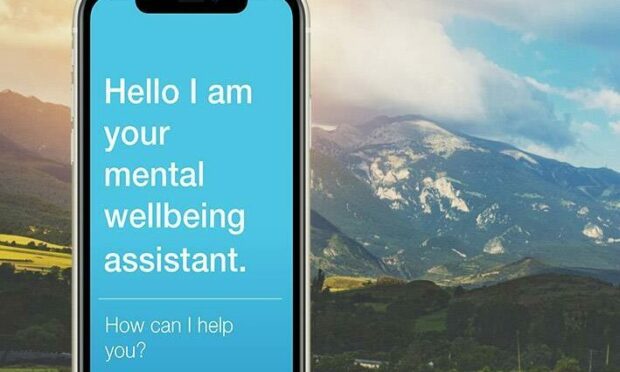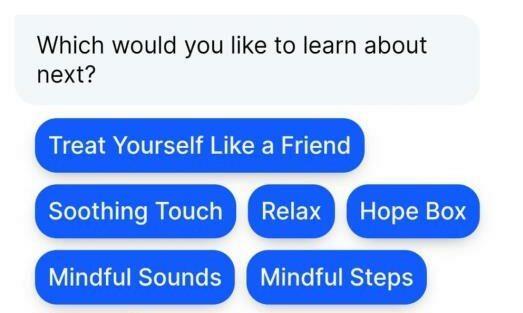Starting a conversation with a new Gaelic-chatting robot could help residents in the Western Isles feel less lonely.
The islands’ NHS board is trialling a mental wellbeing chatbot, called ChatPal, where residents will get the chance to test its Scottish Gaelic version.
Health bosses say this is an ongoing effort as part of the national recovery from the pandemic.
The robot is about to be tested by 20 island residents, ahead of a longer trial next year involving the University of the Highlands & Islands (UHI) and local mental health groups.
What is a chatbot?
Chatbots are computer programmes that simulate human conversation by chatting online through text.
The robot’s conversations have been scripted by psychologists at the University of Eastern Finland, with translations from Irish developers and Gaelic-speaking psychologist Rachel Allan from NHS Western Isles.
ChatPal checks in with users, prompting them to reflect on their feelings in a “thoughts diary”, offering tips and exercises and tracking their overall mood.
Rural areas have different needs
ChatPal’s creators say people living in the northern periphery and arctic regions have particular needs.
Rural residents can often be more isolated and live further away from traditional mental health support services, and many social activities, which is why the project has already partnered with health teams in Finland, Sweden and Ireland.
Dr Alison Robertson, consultant clinical psychologist with NHS Western Isles, said: “The Scottish Government has included digital mental health interventions as part of national recovery from the pandemic, and Scotland has a lot to contribute to ongoing research.
“We need to learn how these applications can be most helpful.”
First of its kind in Gaelic
In the next few weeks, 20 residents from the Western Isles will take part in a four-week trial to test the English and Scottish Gaelic versions.
Chatpal, which has been designed to support users’ mental health and wellbeing, will be always available 24/7.
Martin Malcolm, project lead at NHS Western Isles, said teams are “very excited” about what is to come.
He added: “We are especially pleased to be doing so among Gaelic speakers in our community and believe the chatbot will be the first of its type in Gaelic.”

